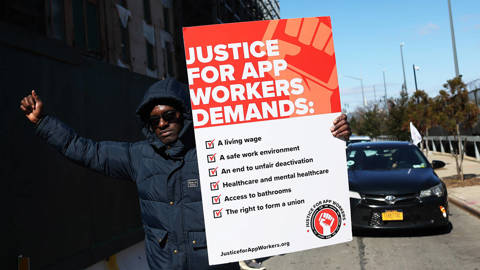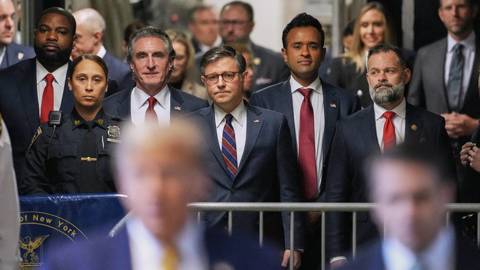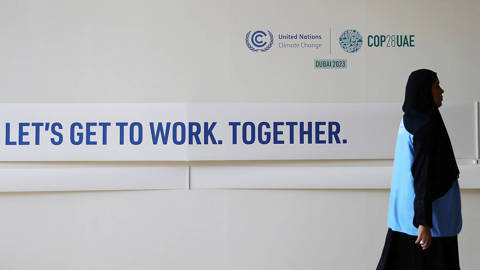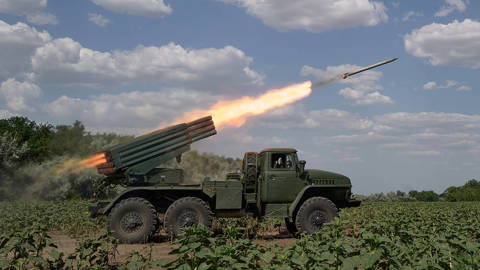Patrick Bolton
Patrick Bolton is Professor of Economics at Columbia University and Visiting Professor at Imperial College London.
-
Give Argentina a Break

Give Argentina a Break
Jun 5, 2020 Patrick Bolton calls private-sector creditors' hardline stance on payments completely unreasonable in light of the pandemic.
-
The Necessity of a Global Debt Standstill that Works

The Necessity of a Global Debt Standstill that Works
Apr 23, 2020 Patrick Bolton, et al. say any repayment freeze to help emerging economies withstand COVID-19 must include all private creditors.
-
How to Keep Central Banks Independent

How to Keep Central Banks Independent
Jul 11, 2019 Patrick Bolton, et al. propose new measures to help monetary policymakers remain effective guardians of financial stability.








